
Video
The Hicks Family - winners of the 1999 GA vs. VA Stew Wars Cookoff in Brunswick County, VA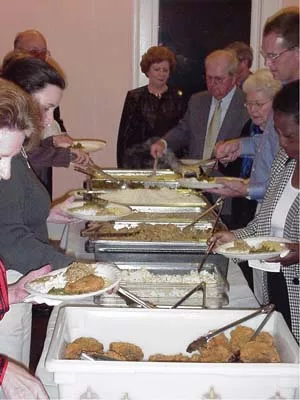
Foodways are one of the most prevalant community-based art forms in the South. South Carolina history is strongly rooted in agriculture and food has long been an important aspect of economic and social life. From large rice plantations in the Lowcountry to family farms tucked in the hillsides of the Piedmont, food preparation was a large part of daily life. Parents taught children how to prepare vegetables and dress hogs. Different ethnic groups brought recipe variations with them when they settled throughout the state. Germans in the Midlands, French influences on the coast, and Scots-Irish in the Piedmont. More important, recipes synthesized African and Native American influences to create a wholly unique environment.
Content is provided by McKissick Museum, University of South Carolina.
For further information about any of the artists featured on Digital Traditions, send your questions and comments to hallagan@mailbox.sc.edu.

Video
The Hicks Family - winners of the 1999 GA vs. VA Stew Wars Cookoff in Brunswick County, VA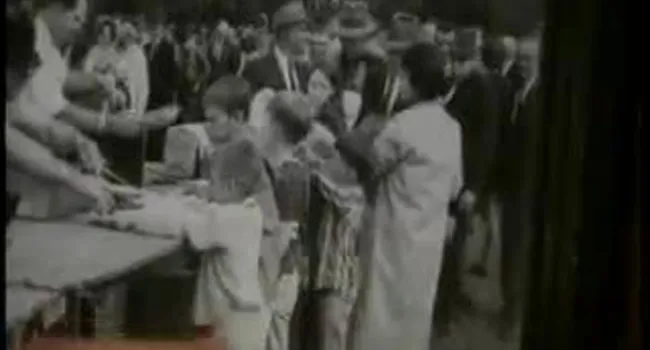
Video
William Jennings Bryan Dorn and his son Johnson Dorn talk of the hash served at “stump meetings” held on W.J.B. Dorn’s estate during his political years.
Video
Tim Patridge, Southern foodways specialist and chef, talks about the origins of Brunswick Stew.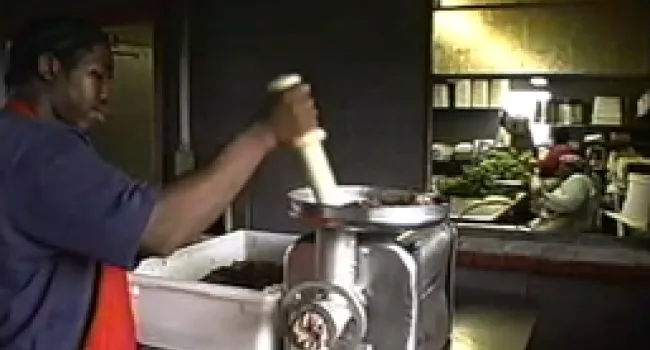
Document
Video Transcripts for: Big T's BBQ Duke's Barbecue Mr. B's BBQ Unique to South Carolina, hash grew out of the Carolina rice kitchens when African-American slave cooks needed to make a hardy, protein...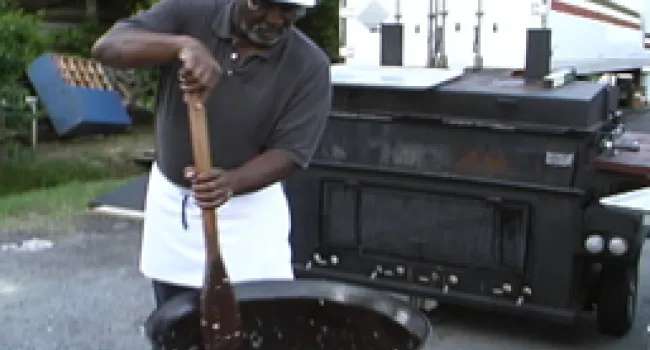
Document
Video transcripts for: Hash Differences Workman's Hash Process Workman's Last Ingredients Workman's Recipe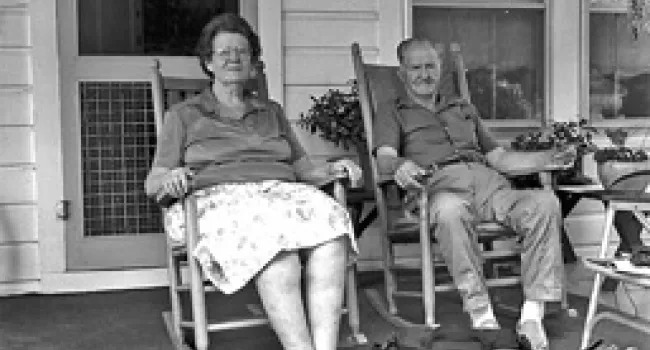
Photo
Residents of Parksville, S.C. (McCormick County). Family traditions include barbeque and hashmaking, farming, home remedies, hunting, and haints (ghosts). Mr. Wood was also an accomplished split-oak...